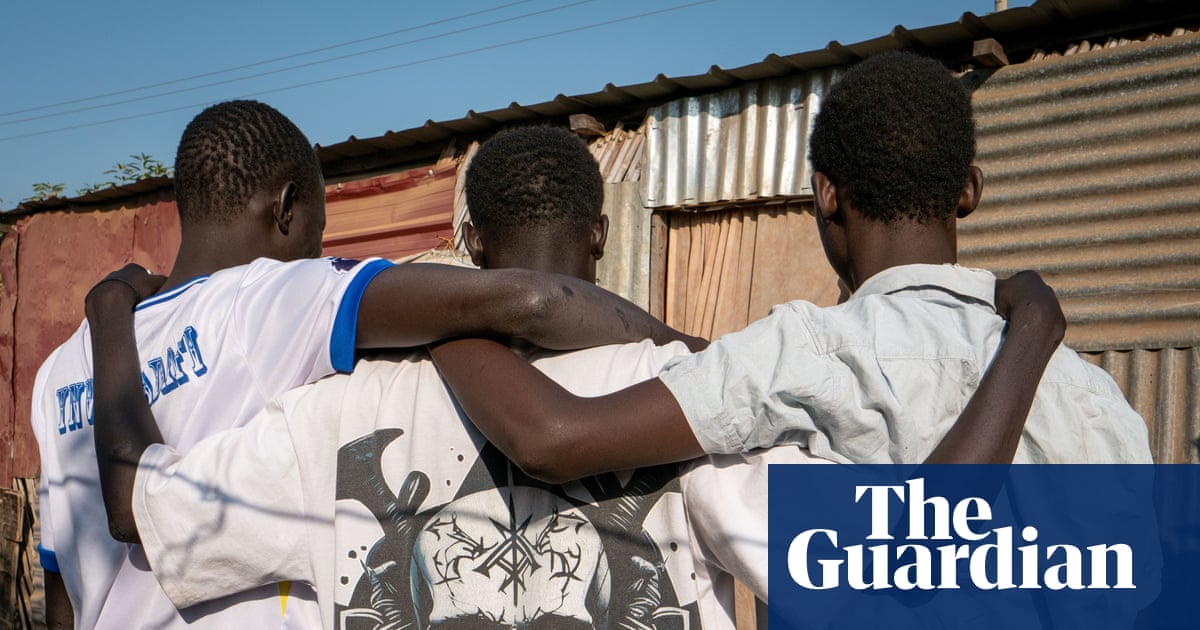
"Peter Amule, a former gang member, stated, 'You can't stop this gang stuff by force; you need to use love, and to remind them about God.' His perspective emphasizes the importance of compassion and positive influence over punitive measures."
"Alaak Akuei expressed disappointment over the gang-rape incident, saying, 'I was very disappointed and I felt discouraged because these boys, we are working with them, we know some of them, but they are not listening. But we have to be strong, because we cannot give up.'"
"Following the incident of gang-rape in Juba, authorities arrested over 600 youths in a crackdown on gangs, though more than half were released without charges, highlighting challenges in addressing gang violence effectively."
"The proliferation of street gangs in South Sudan, especially after its independence in 2011, has led to increasing criminal activities like theft and violent clashes between rival groups, complicating the situation further."
A video of a gang-rape in South Sudan's capital Juba circulated online, showing a 16-year-old girl being assaulted by young men. The incident was motivated by gang rivalry, eliciting public outrage and calls for justice. Authorities responded by arresting over 600 youths, but many were later released. Former gang members, Peter Amule and Alaak Akuei, criticized the ineffectiveness of this approach, advocating for love and support to address the underlying issues rather than force. Street gangs have grown since South Sudan's independence in 2011, contributing to violence and theft in the region.
Read at www.theguardian.com
Unable to calculate read time
Collection
[
|
...
]